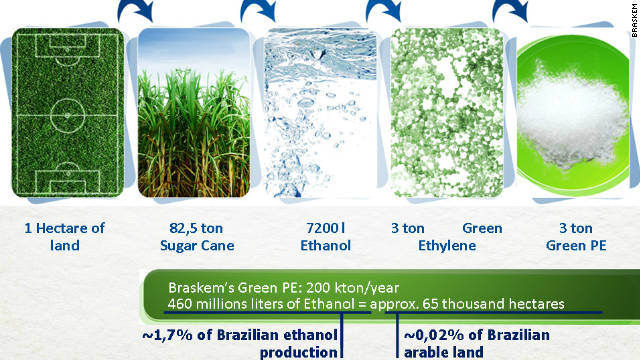Yes that is what is needed nation wide but the peak power fee needs to ratchet up every time you go above your peak of a few years ago - that is what is causing power company to buy new generation, not your smaller last month´s peak.I like the way VA power gets charged. First, the is a billing fee. Next the are two connection fees, one for the basics, one for capacity. Then there are the TOD energy and peak power fees. Basically, every variable is covered by an appropriate fee so no one gets TOO much of a free ride.
Also it would be fair if the TOD rate goes to pay only for fuel (and tiny fraction of the interest cost of the base load units and allowed profit margin) if you are for example charging you EV´s battery after midnight (or any time when system is not even fully using its "base load" generation capacity of electric energy). Bring on those "smart grids."



